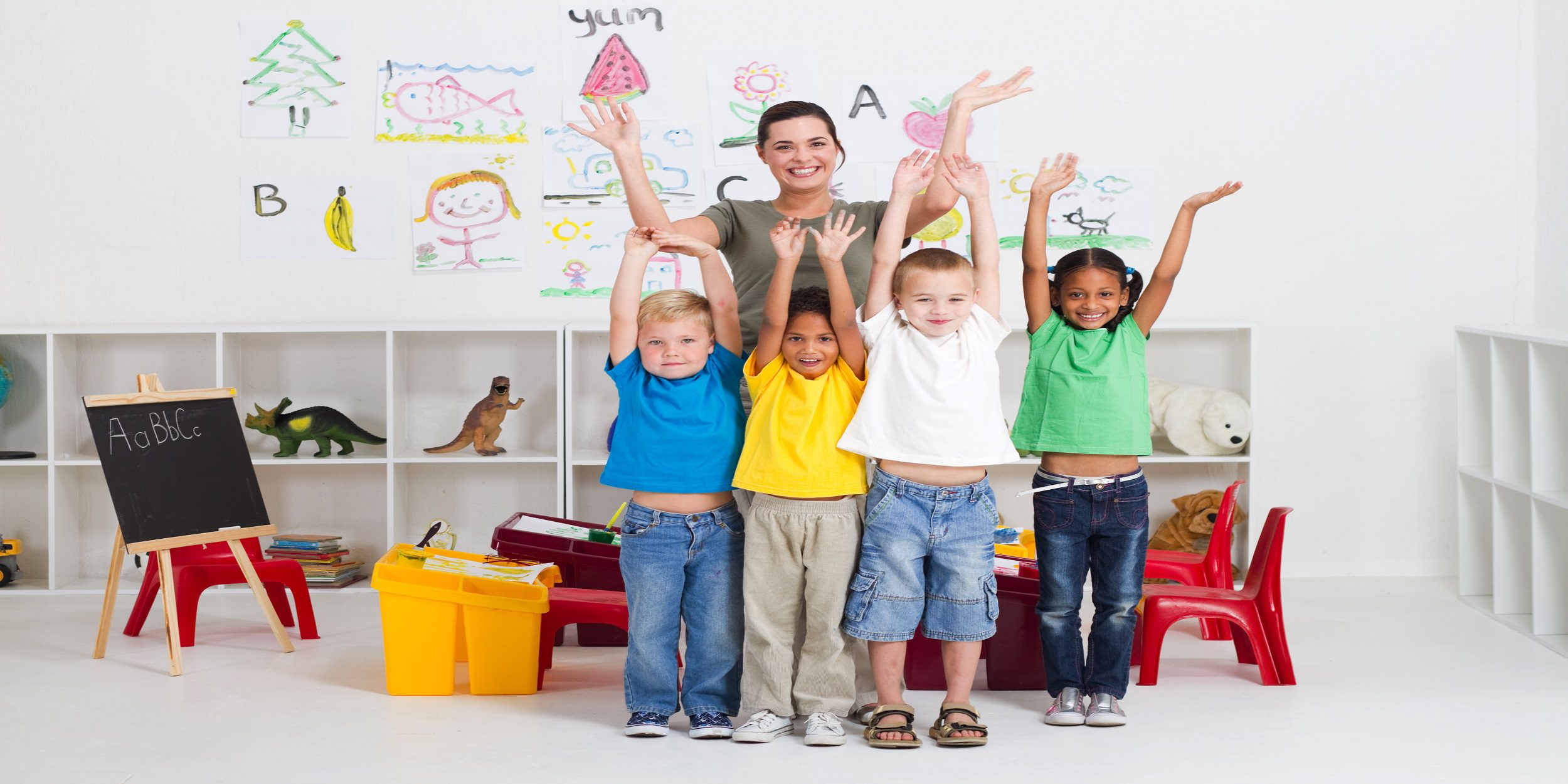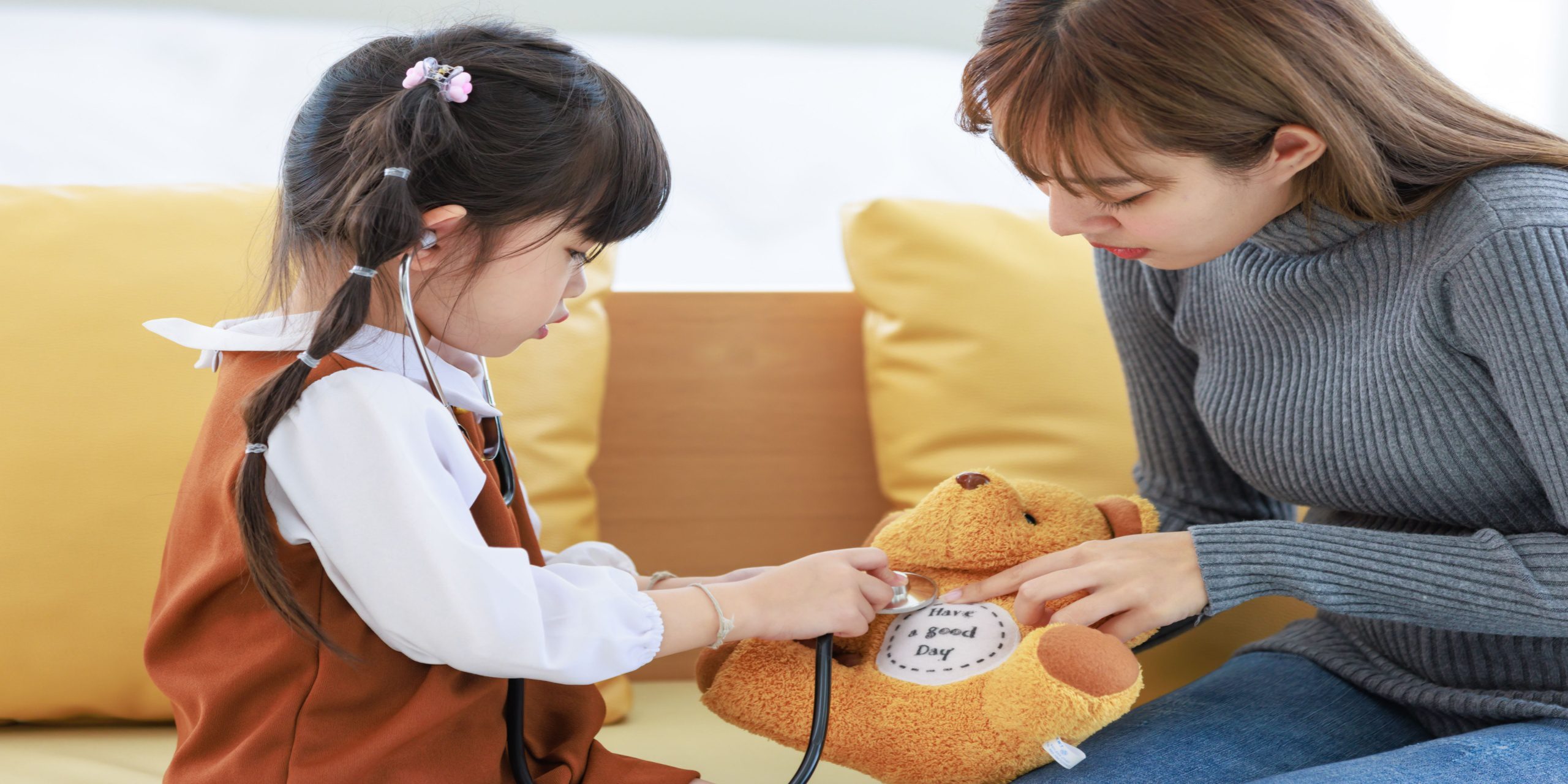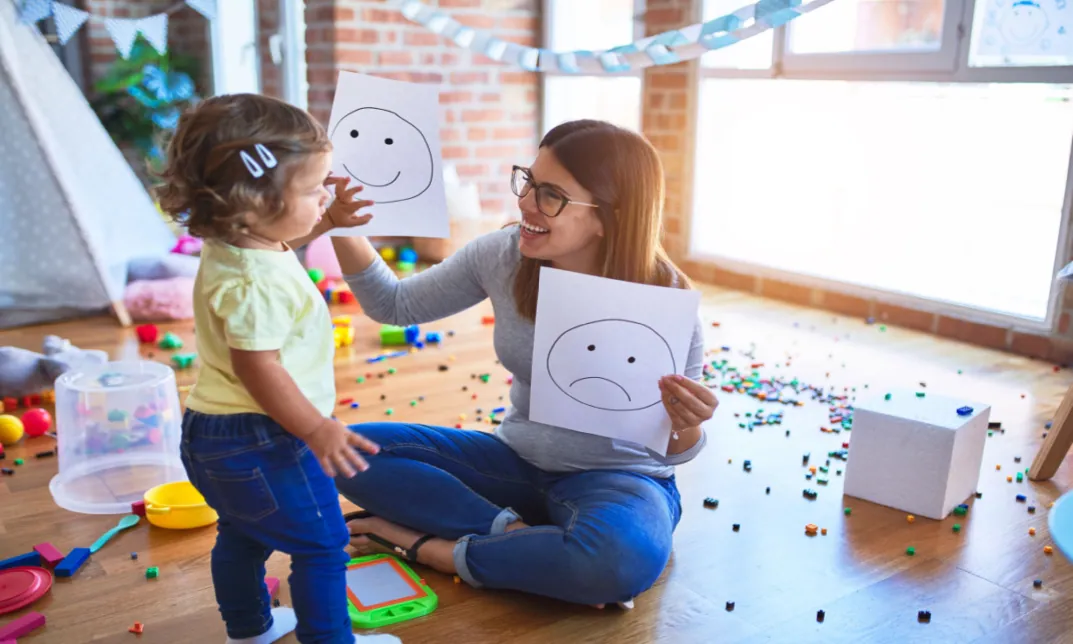Children often find it hard to talk about their emotions. Play therapy provides a natural and comfortable way to communicate. It is a special therapy that helps children understand and express their feelings through play. This blog will explain how play therapy works, the techniques used, and how it can help children feel better and solve problems. Parents, teachers, and caregivers can better support children as they grow and develop by learning about play therapy.
What is play therapy?
Play therapy is a type of therapy that helps children to talk about their feelings and solve problems by playing. Usually, children express themselves better through play than words, this approach uses toys, games, and creative activities to help them share what’s on their minds. In play therapy sessions, children play in a safe and supportive environment, allowing therapists to understand their emotions and experiences. This also helps children deal with issues like anxiety, sadness, trauma, or behavioural problems in a way that feels natural to them.

How Does Play Therapy Work?
Play therapy works by creating a safe and supportive environment for children. It offers a learning environment where they can express their feelings and explore their thoughts through play. Here’s how it typically works:
- Safe Space: The therapist provides a comfortable room filled with toys, games, and art supplies. This space is designed to make the child feel safe and at ease.
- Choice of Activities: The child is free to choose from various activities like drawing, playing with dolls, building with blocks, or engaging in pretend play. These activities allow the child to express themselves in ways that feel natural to them.
- Understanding Through Play: As the child plays, the therapist observes their actions, choices, and expressions. This helps the therapist understand the child’s emotions, thoughts, and experiences.
- Building Trust: Over time, the child builds a trusting relationship with the therapist. This trust is crucial for helping the child feel comfortable sharing deeper feelings and concerns.
- Guided Play: Sometimes, the therapist may guide the play to address specific issues. For example, they might use role-playing to help the child work through a traumatic experience or teach problem-solving skills.
- Emotional Expression: Play therapy allows children to express emotions they might not be able to put into words. This expression can help them process difficult feelings and experiences.
- Skill Development: Through play, children can also learn new skills, such as coping mechanisms, emotional regulation, and social skills. These skills can help them handle challenges in their everyday lives.
By using these techniques, play therapy helps children understand their feelings, solve problems, and develop healthier ways to cope with life’s difficulties.
Who Can Benefit from Play Therapy?
The beauty of play therapy is that it can be helpful for a wide range of children. Here are some situations where play therapy can be particularly beneficial:
- Children Facing Challenges: Play therapy can be a great resource for children. Especially, those children who are experiencing difficult emotions like anxiety, sadness, or anger. It can also help them cope with stressful situations like family changes, bullying, or illness.
- Nonverbal Communicators: For children who struggle to express themselves with words, play therapy offers an alternative way to communicate. Through play, they can show therapists what’s bothering them without having to say a word.
- Working Through Trauma: Play therapy can be a safe and supportive space for children who have experienced trauma, such as abuse, neglect, or loss. Plus, it can help them process what happened and develop healthy coping mechanisms.
- Learning Differences: Play therapy can be a valuable tool for children with developmental delays or learning differences. It can help them improve their social skills, communication skills, and emotional regulation.
- Everyone Needs a Playdate: Even children who aren’t facing any specific challenges can benefit from play therapy. It’s a great way to learn social skills, problem-solving skills, and creativity in a fun and engaging environment.
The Role of the Play Therapist

Play therapy may seem like all fun and games, but there’s a skilled professional guiding the experience: the play therapist. They’re not just handing out toys; they’re using play as a tool to help children work through challenges. So, what exactly does a play therapist do?
- Creating a Safe Environment: The therapist sets up a welcoming and secure space filled with toys, games, and art supplies. This environment helps children feel comfortable and ready to express themselves.
- Building Trust: Establishing a trusting relationship with the child is essential. The therapist uses empathy, patience, and understanding to create a bond that makes the child feel safe and valued.
- Observing and Understanding: As children play, the therapist carefully observes their actions, choices, and emotional expressions. These observations help the therapist gain insights into the child’s inner world and identify any issues.
- Facilitating Expression: The therapist encourages children to express their feelings and thoughts through play. This can involve drawing, storytelling, role-playing, and other creative activities that allow children to communicate in their own way.
- Providing Support and Feedback: The therapist offers emotional support and gentle feedback to help the child process their experiences. This support is crucial for helping the child develop healthier coping mechanisms and emotional regulation skills.
- Providing Support and Feedback: The therapist offers emotional support and gentle feedback to help the child process their experiences. This support is crucial for helping the child develop healthier coping mechanisms and emotional regulation skills.
Conclusion
Play therapy offers a unique and effective approach to supporting children’s emotional well-being. By creating a safe space for expression and exploration through play, children can work through difficult emotions, develop coping mechanisms, and build stronger communication skills. If you’re considering play therapy for your child, remember, it’s not just about fun and games. It’s a journey of self-discovery, guided by a skilled therapist who can help your child’s potential and thrive. So, is play therapy right for your child? If your child is struggling to express themselves, experiencing behavioural changes, or facing emotional challenges, play therapy could be a valuable method.





